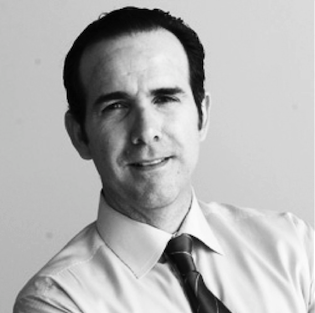Hedge and private equity funds have traditionally been low-profile investment vehicles catering to sophisticated investors. The posture has not been out of choice, but attributable to an 80 year SEC rule prohibiting the general solicitation and general advertising of funds, particularly offerings conducted under Rule 506 of Regulation D. However, the SEC’s recent decision to lift the marketing ban as part of the 2012 Jumpstart Our Business Startups (JOBS) Act is reverberating throughout the industry as firms unaccustomed to promoting their products now face the prospect of competing for investment capital in a new, marketing driven frontier.
The SEC lifted that rule in an attempt to offer more consumers with more investment choices and better information. Hedge and private equity funds can now broadly solicit and promote their products in a manner similar to mutual funds, creating the need for sophisticated marketing and communication strategies.
But that isn’t as easy as it sounds.
Traditionally, funds have been conditioned to maintain a very low profile and more recently, a defensive and reactive posture in the face of negative publicity. Facing these restrictions, funds have limited marketing departments and are ill prepared to compete in a new promotion driven marketplace.
The change couldn’t come at a more challenging and promising time to reach out to the global US$25 Trillion UHNW market. High quality funds can gain a competitive advantage by leveraging their performance with effective financial marketing and promotion to build credibility, trust and relationships with highly targeted audiences. This opportunity is juxtaposed with the post-2008 credit crisis investor mindset that is increasingly reluctant to invest capital into “black box” vehicles that do not communicate their strategies, methodologies and track records in a transparent manner.
The best marketing and communication professionals expertly harness their clients’ expertise, philosophy and track record to develop compelling content that informs and educates their audiences using a mix of thought leadership, marketing collateral, media positioning and events to build awareness of the product, trust in the firm and credibility for its value proposition.
At the end of the day, the most important ingredients for a successful fund will remain a winning strategy and track record. However, what has changed is how funds will increasingly compete to attract investors in what will become a much noisier marketplace where the loudest voices may not necessarily be the best investments.
In this new marketing environment, hedge and private equity funds, even highly successful ones, will need to effectively communicate their value proposition to attract investment capital. Moving forward, the positioning and promotion of an investment product in the right way with the right audiences will become an increasingly important component of its success.
Opinion column by Ray Ruga, Co-Founder of CVOX Group

